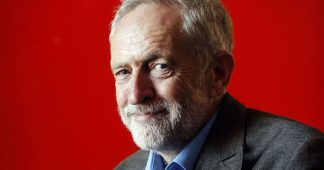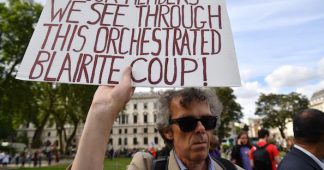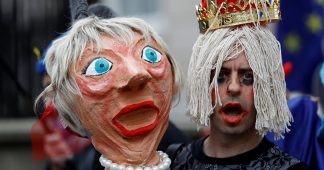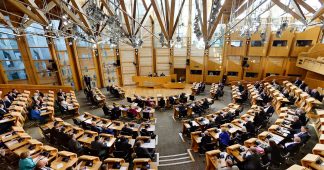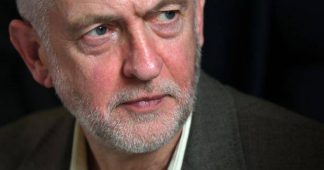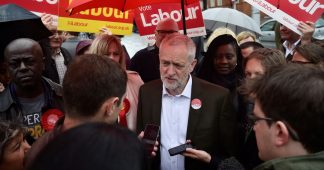THE TORIES faced mounting calls for a general election today after Prime Minister Theresa May announced her resignation.
Labour leader Jeremy Corbyn called for an “immediate” general election and said Ms May appeared to have accepted that “she cannot govern and nor can her divided and disintegrating party.”
Ms May said that she would step down as Conservative Party leader on June 7 — triggering a leadership contest.
Mr Corbyn added: “The last thing the country needs is weeks of more Conservative infighting, followed by yet another unelected prime minister.”
GMB general secretary Tim Roache said: “Working people are sick of the Tories focusing on who is going to take Theresa May’s job when thousands across the country are losing theirs.
“We cannot let Britain’s workers, industries and communities become the casualties of the next round of Tory internal wars.
“Let’s have a general election and let the people decide.”
Communist Party general secretary Robert Griffiths said that a general election is needed because only a left-wing Labour government will begin to address poverty, insecure jobs, shortages of affordable housing, underfunded local services and global conflicts.
And Fire Brigades Union general secretary Matt Wrack admonished Ms May for claiming that she was proud of her government’s response to the Grenfell Tower fire during her resignation speech.
He said that Ms May “bears ultimate responsibility” for unsafe conditions that were “allowed to fester under Tory governments,” leading to 72 people being killed in the fire on June 14 2017.
Mr Wrack added: “The inquiry she launched has kicked scrutiny of corporate and government interests into the long grass, denying families and survivors justice while allowing business as usual to continue for the wealthy.
“For the outgoing Prime Minister to suggest that her awful response to Grenfell is a proud part of her legacy is, frankly, disgraceful.”
Ms May’s announcement came soon after a meeting with Sir Graham Brady, chair of the 1922 Committee of backbench MPs, who had repeatedly called on her to set out a timetable for her departure.
She had been heavily criticised by backbench Tories and sustained more than 30 Cabinet resignations over her Withdrawal Agreement Bill, and her failure to get it to pass through the Commons.
A Cabinet mutiny and the prospect of the 1922 Committee allowing another vote of no-confidence in her leadership eventually forced her to announce her resignation.
A potentially brutal contest to replace her will begin the following week.
Outside Number 10, her voice cracked as she said: “I will shortly leave the job that it has been the honour of my life to hold — the second female Prime Minister, but certainly not the last.
“I do so with no ill-will, but with enormous and enduring gratitude to have had the opportunity to serve the country I love.”
Conservative Party chairman Brandon Lewis said that he expected a new leader to be announced in late July.
European Commission officials responded to Ms May’s resignation by issuing a stark message to her successor, stating that the widely panned Brexit deal could not be reopened and rewritten.
